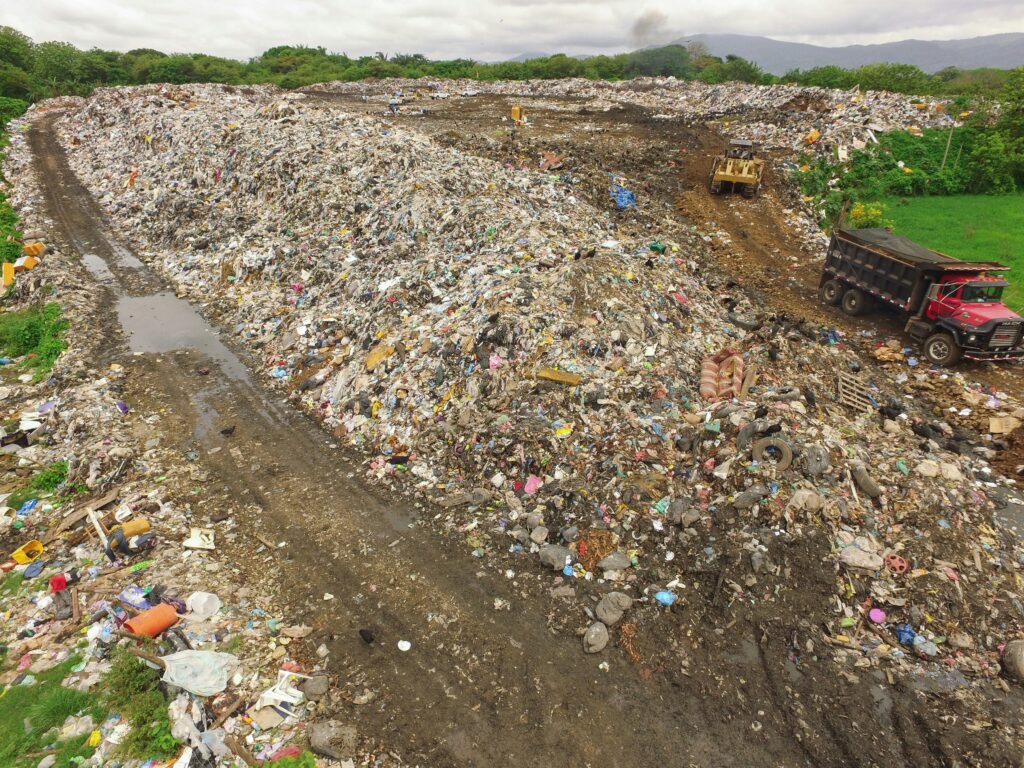Building Sustainable Habitats for India’s Future
India’s cities face mounting pressures. The National Mission on Sustainable Habitat aims to steer them towards sustainable, resilient growth.
India’s cities are at a critical turning point, balancing economic growth alongside worsening air pollution, waste pressures, floods, and heatwaves. Against this backdrop, the National Mission on Sustainable Habitat (NMSH), launched under the National Action Plan on Climate Change (NAPCC), was envisioned as a framework to make our urban centres climate-resilient, resource-efficient, and livable.
At its core, NMSH focuses on three key pillars: enhancing energy efficiency in buildings, managing solid waste and promoting recycling, and advocating for sustainable urban transportation. These are not just technical objectives; they are existential imperatives for a country where 600 million people will live in cities by 2036. Energy-efficient buildings can significantly reduce emissions and electricity demand, sustainable transportation can decrease dependence on fossil fuels, and robust waste management systems can prevent health crises. The vision is sound. The challenge is scale and urgency.

Cities such as Pune and Indore have reduced their reliance on landfills by investing in decentralised waste management and public participation. Metro networks in Kochi and Ahmedabad, alongside electric bus fleets in cities like Nagpur, are shifting mobility towards low-carbon options. Energy-efficient design is no longer a niche idea; it is being applied in affordable housing and public infrastructure.
Crucially, NMSH has embedded sustainability principles into larger flagship programmes, including the Smart Cities Mission and Atal Mission for Rejuvenation and Urban Transformation (AMRUT). This has ensured that climate resilience is not a standalone goal but part of mainstream urban planning.
At its core, NMSH focuses on three key pillars: enhancing energy efficiency in buildings, managing solid waste and promoting recycling, and advocating for sustainable urban transportation.
Yet, for all its promise, the mission has yet to deliver transformation at the speed cities require. Enforcement of building codes, such as the Energy Conservation Building Code (ECBC), remains uneven, particularly in fast-growing Tier 2 and Tier 3 cities. Waste segregation at source is still the exception rather than the norm, and urban transport investments too often prioritise road expansion over integrated public transit.
To realise its potential, NMSH will need to evolve in three ways. First, turn guidelines into mandates by linking compliance with building codes, waste rules, and transportation plans to municipal approvals and funding. Second, mobilise dedicated financing, from green bonds to municipal bonds, to help cities invest in energy-efficient infrastructure without overburdening budgets. Third, place citizens at the centre, recognising that sustainable cities are built not only with concrete and policy, but also with public participation and behavioural change.

The mission’s framework is adaptable, allowing for local solutions such as rainwater harvesting in water-stressed cities, heat-reflective materials in hot zones, and nature-based flood management in coastal areas. This flexibility is its strength, but only if backed by strong monitoring, data transparency, and the political will to act.
Urbanisation is inevitable; whether it becomes an environmental liability or a model for sustainable growth depends on choices made today. The National Mission on Sustainable Habitat offers a foundation, but its success will hinge on turning good intentions into consistent, enforceable, and well-funded action. The future of India’s cities may well depend on it.
